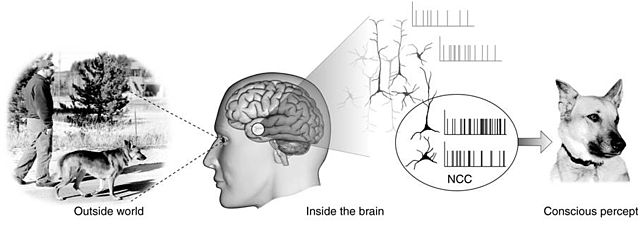Consciousness vs Awareness
Consciousness and awareness may appear to have the same meaning, but they have distinct differences. Both terms function as nouns in the English language. Awareness refers to having knowledge of something, whereas consciousness is the state of being aware of something and can be considered a more spiritual definition. When a person is aware of something, they may sense or feel it without exactly knowing what it is. In contrast, when someone is conscious of something, they are fully aware of it and have a complete understanding of the subject. Let’s examine these terms in more detail.
What does Awareness mean?
Awareness is the knowledge of something that exists. If we think of a physical object, we can touch it and feel its existence, which can be defined as being aware of the object. By touching it, we can identify the shape, size, and weight of the object. The essential aspect is that the person doesn’t need to have a full understanding of the object they feel. If they sense it, they may be aware of it. Awareness can be applied not only to physical objects but also emotions, feelings, and sensory patterns. People are aware of their voluntary actions, while involuntary actions might occur without a person’s awareness because they don’t intentionally engage in the action. Additionally, awareness can be identified as a relative concept. Different people may have varying degrees of awareness of something. This depends on a person’s internal and external factors, such as sensory perception, knowledge, and cognitive abilities.
Key Takeaways
- Awareness is knowledge of something that exists, whereas consciousness is the state of being aware of something.
- Awareness doesn’t require a full understanding of something, while consciousness requires in-depth awareness of a particular thing.
- Awareness can be considered a necessary condition of consciousness.
What does Consciousness mean?
Consciousness refers to the state or quality of awareness. One can be aware of something without being conscious, but no one can be conscious without being aware of something. Awareness is a necessary condition of consciousness. To become conscious, one must have a complete understanding of something. Consciousness is common to all humans and animals. Moreover, one can be fully conscious of something, whereas another may be sub-conscious of the same thing. Being sub-conscious means that a person doesn’t have the proper sensory patterns working on the phenomenon, and only half of the cognition may be active. When someone loses consciousness, we refer to that as being fainted. At that time, the person loses their sensory contacts with the external world. However, consciousness can be analyzed in depth and has a close connection with a person’s psychology.
What is the difference between Consciousness and Awareness?
Both terms deal with understanding phenomena and are closely related to people’s cognition. Awareness and consciousness play essential roles in one’s life and are common features of a person. They are cognitive processes that occur in human minds. When considering the differences, awareness doesn’t require a full understanding of a specific thing, whereas consciousness requires in-depth awareness of a particular thing. Awareness can be considered a necessary condition of consciousness.
